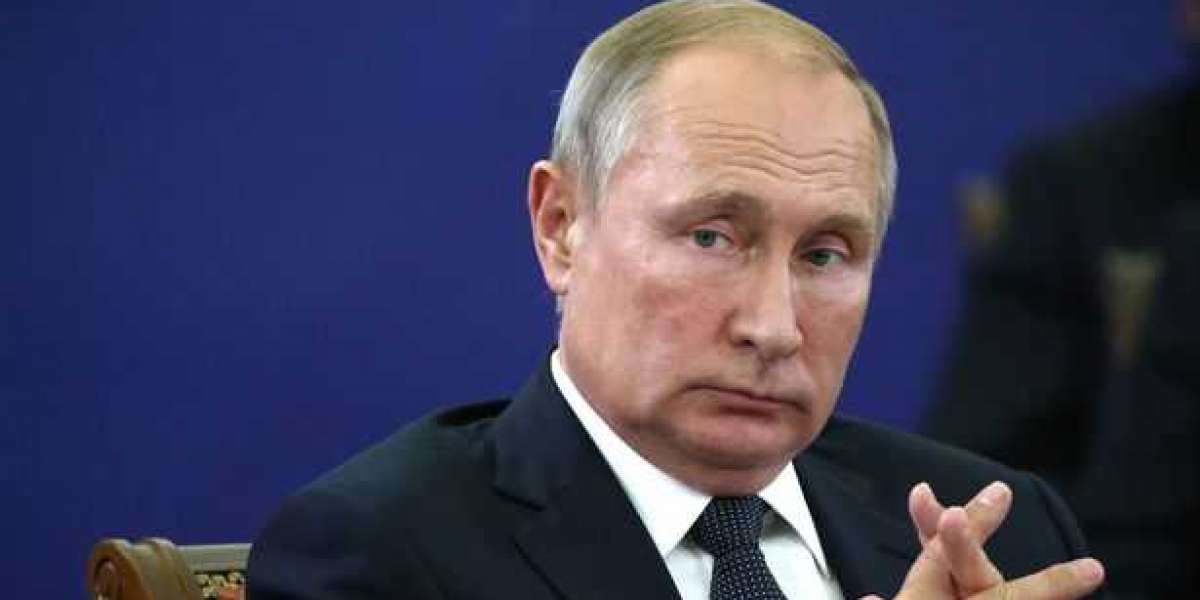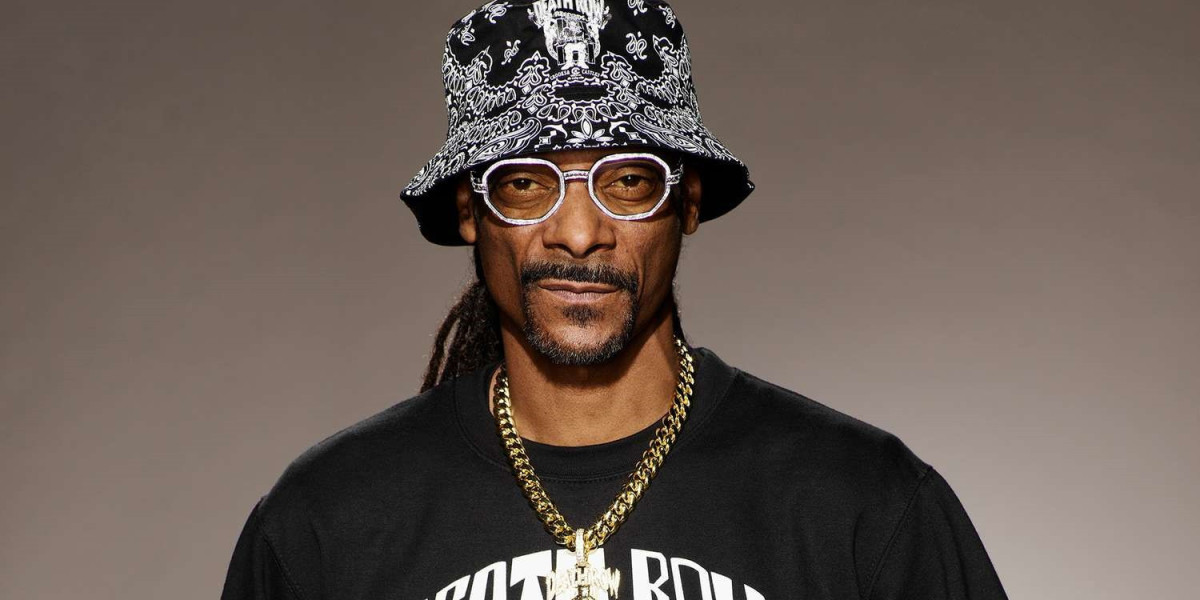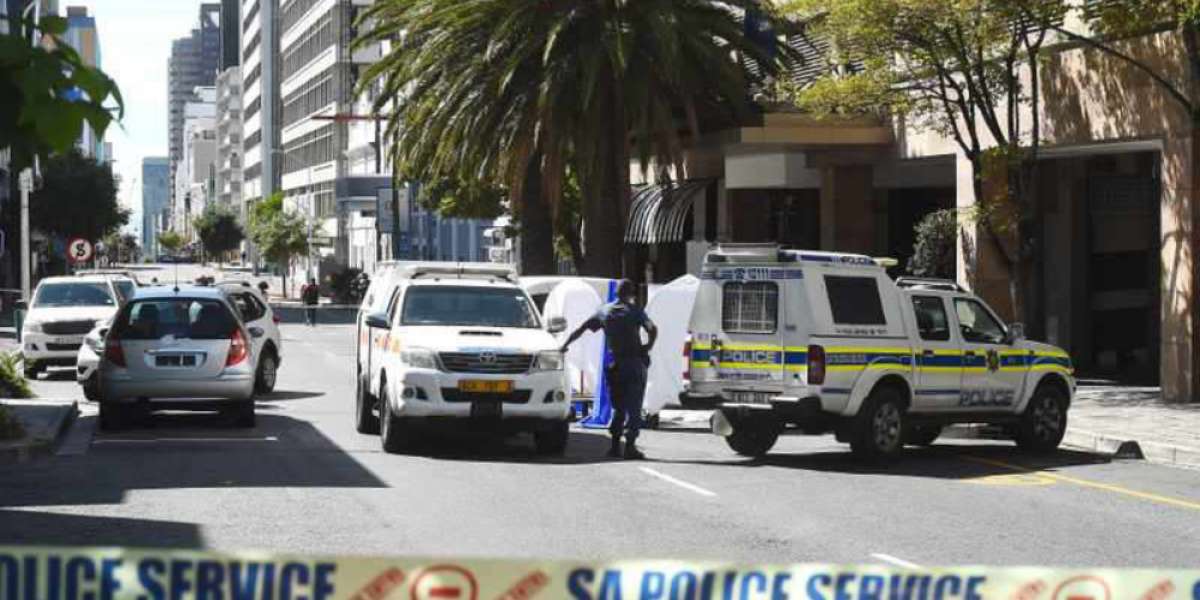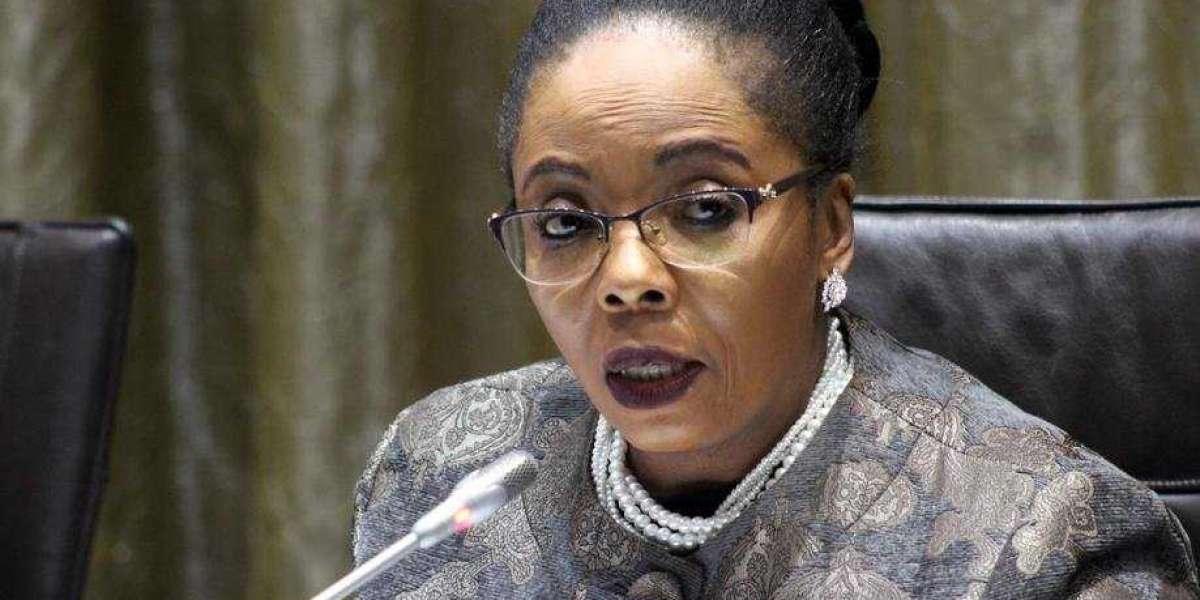Russian President Vladimir Putin’s order on Sunday to place Russia’s nuclear forces on high alert is part of a pattern of escalating tensions following his attack on Ukraine. But analysts suggest the move is likely a dangerous new bluff. Western powers including the United States and NATO protested sharply after Putin said in a televised address that the country’s nuclear “deterrence forces” were placed “into a special mode of combat service”.
The UN called the idea of nuclear weapons’ use “inconceivable”, while Ukraine’s government said it saw the move as an intimidation attempt as delegations from both countries prepared to meet for exploratory talks. Just as in NATO, a portion of Russian nuclear weapons are in constant readiness and “can be launched within 10 minutes”, said Marc Finaud, a nuclear proliferation expert at the Geneva Centre for Security Policy.
“Either the warheads are already mounted on missiles, or the bombs are already aboard” bombers and submarines, he explained. In a Friday article for the Bulletin of the Atomic Scientists, experts Hans Kristensen and Matt Korda wrote that Russia keeps almost 1,600 warheads deployed. “Since Russian strategic forces are always on alert, the real question is whether [Putin] has deployed more subs or armed the bombers,” Kristensen wrote on Twitter on Sunday.
Most analysts suggested that brandishing the nuclear option is a desperate move resulting from Russia’s military setbacks since attacking Ukraine last week. “Russia is frustrated faced with Ukrainian resistance,” said David Khalfa of the Paris-based Jean Jaures Foundation, a left-leaning think-tank. Rather than a swift victory with armoured assaults claiming swathes of territory, Moscow now faces “urban guerilla warfare, with a high probability of casualties among the Russian soldiers”, he added. Eliot A Cohen of the Center for Strategic and International Studies (CSIS) in Washington, DC, said Russian military leaders expected an easier campaign. “The fact that they don’t have air superiority now four days into this, that’s pretty revealing,” Cohen said.








